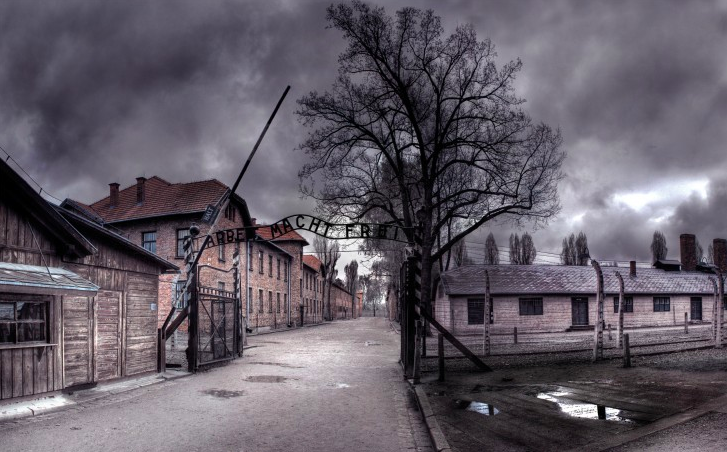
How important are historians in achieving historical reconciliation? [THREAD] #History #historian #politics 

1. Reparations agreements are a prominent and relevant example of historians being at the forefront of historical reconciliation. As they often involve monetary gains for one party from the other over memory and victimization.
2. Historians are at the forefront of presenting the state with so-called historical 'ammo' to legitimize the request of reparations. This could however be seen as a source of increased tensions, and could lead to an increase of nationalism and hatred due to negative memories.
3. However, a more definitively positive aspect of historical conciliation can also increasingly be seen due to evidence newly uncovered by historians.
4. For instance, as a result of the publishing of Jan Gross’s Neighbors in 2001, Polish president Kwasniewski issued an apology for the murder of 1,600 Jews who were killed by
their neighbors 60 years earlier in Jedwabne.
their neighbors 60 years earlier in Jedwabne.
5. This represented a high point in Poland’s struggle with its history, a struggle that was about both past events
and the nation’s identity.
and the nation’s identity.
6. The government had already been investigating the crime, through the Institute of National Remembrance (IPN) who were instructed to scrutinize historical violations of human rights and war crimes.
7. This again shows the importance of historians in the process of independent historical reconciliation, although it could be argued that the historians are simply tool pieces to fulfill the government's purpose, which in this case could be historical reconciliation, not always.
8. Robert R. Weyeneth confirms the importance of events like Kwasniewski's speech by emphasizing the importance of apology in the process of historical reconciliation. He also explores the range and forms of apologies reported in the press during the last decade or so.
9. Overall, it is quite clear in light of recent events that historians play a key and central role in historical conciliation, however it remains unclear whether they play the most important role, due to the control and interventionist nature of governments.
• • •
Missing some Tweet in this thread? You can try to
force a refresh


